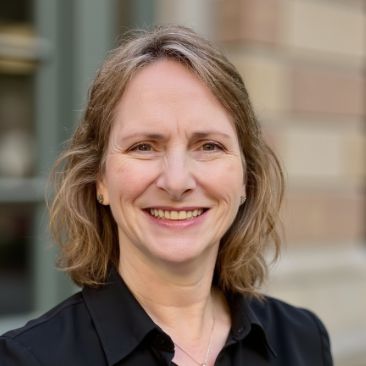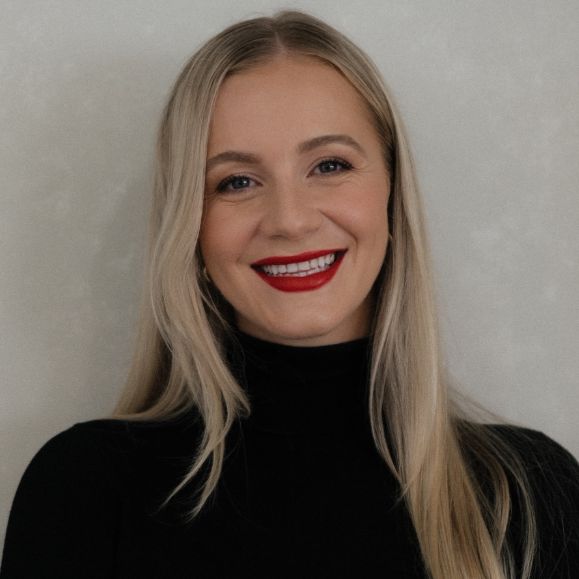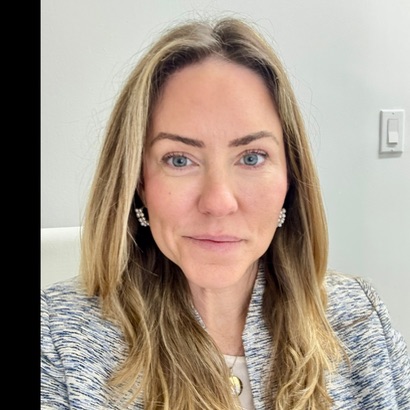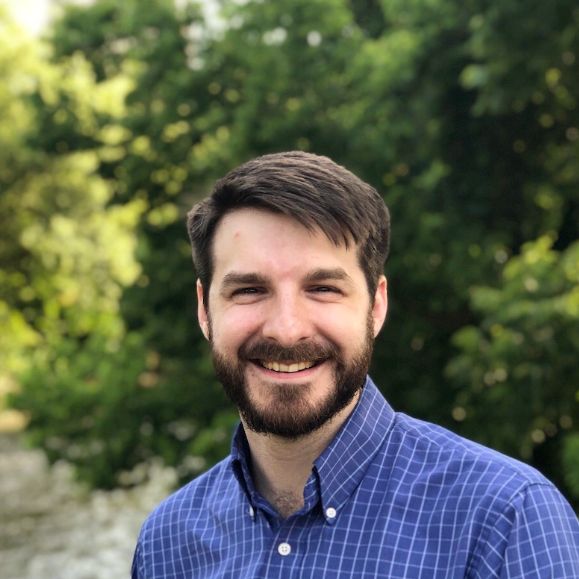Why Local Care Matters for Obsessive-Compulsive Disorder (OCD)
Finding Obsessive-Compulsive Disorder (OCD) therapy in Jacksonville means faster access to specialists who use gold-standard approaches like Exposure and Response Prevention (ERP) and can coordinate care close to home. Local matches reduce travel time, make scheduling follow-ups easier, and help you stick with structured treatment plans that often require weekly sessions. Providers in Jacksonville also understand regional resources—such as support groups or intensive programs—so you can step up care when needed. This local grounding improves consistency, outcomes, and comfort for you and your family.
MiResource makes it simple to find the right Obsessive-Compulsive Disorder (OCD) care in Jacksonville with a directory you can filter by insurance, real-time availability, therapy type (ERP, CBT, ACT, telehealth, IOP), and more. Fine-tune for cultural fit—language, faith-based care, LGBTQ+ affirming clinicians, or providers experienced with family involvement—so your therapist aligns with your values. You can also search by location to minimize commute barriers across Jacksonville’s sprawling neighborhoods. With clear filters and up-to-date profiles, MiResource helps you quickly book care that matches your needs and supports lasting progress.
Local Options and Community Programs
Managing Obsessive-Compulsive Disorder (OCD) can be easier with local support—crisis lines, clinics, and community programs can help you find timely care, specialized therapy (like ERP), and peer connection. Jacksonville offers a mix of hospital services, public behavioral health programs, nonprofit supports, and low-cost clinics. Many options accept Medicaid/Medicare or offer sliding-scale fees, and several provide youth-specific services and mobile crisis response. Use the links below to contact services directly and confirm availability, insurance, and eligibility.
- Crisis Support
Public Programs
Nonprofits & Support Groups
Universities & Health Systems
Community Clinics (FQHCs / Sliding Scale)
The Advantages of Seeing a Jacksonville-Based Therapist
Seeing a Jacksonville-based therapist for Obsessive-Compulsive Disorder (OCD) means working with someone who understands the rhythms of life along the St. Johns River—from the bustle of Downtown and San Marco to the calmer pace of Riverside, Avondale, and the Beaches. Local knowledge helps tailor strategies around real triggers, like game-day crowds near EverBank Stadium, sensory overload at the Riverside Arts Market, or seasonal stressors during hurricane season. Therapists here can also connect you with nearby supports such as NAMI Jacksonville groups, Mental Health Resource Center (MHRC), and workshops at Jacksonville Public Library branches. With major providers like UF Health Jacksonville, Baptist Health, and Mayo Clinic close by, your care network is rooted in the community.
In-person care is easy to reach, whether you’re commuting via I‑95, I‑295, JTB (SR‑202), or Beach Boulevard, with convenient parking near offices in Southside, Mandarin, or Jacksonville Beach. Many practices are steps from landmarks like Friendship Fountain, the Cummer Museum, and St. Johns Town Center, and are accessible by JTA routes and the Skyway stops at Central, San Marco, and Kings Avenue; the First Coast Flyer makes cross-town trips faster. Meeting face-to-face lets your therapist account for local routines—bridge traffic over the Fuller Warren, school schedules in Arlington or Springfield, or quiet spaces like the Jacksonville Arboretum—to build practical exposure plans. You’ll also have direct access to city and community resources and support networks right where you live, making consistent, effective Obsessive-Compulsive Disorder (OCD) care more realistic.
Holistic Approach to Mental Health in Jacksonville
Holistic care means tending to your mind, body, and environment so all three support Obsessive-Compulsive Disorder (OCD) recovery—pairing evidence-based treatment with daily practices that reduce stress and build resilience. In Jacksonville, that can look like combining therapy with gentle movement at Yoga Den (Mandarin, Southside) or MBody Yoga (Southside, Neptune Beach), breathwork and relaxation at Soluna Yoga + Spa in Riverside/Avondale, and mindfulness groups hosted by community centers and the YMCA of Florida’s First Coast. For restorative time in nature, residents often use the Jacksonville Arboretum & Gardens, Memorial Park in Riverside, Kathryn Abbey Hanna Park at the Beaches, and the Northbank and Southbank Riverwalks. Cultural resets—like a quiet hour at the Cummer Museum & Gardens, a Jacksonville Symphony performance at Jacoby Symphony Hall, or the Riverside Arts Market—can also support well-being between Obsessive-Compulsive Disorder (OCD) treatment sessions.
Care here goes beyond traditional therapy settings, with integrative wellness clinics and hospital systems such as Baptist Health, Mayo Clinic Jacksonville, and UF Health Jacksonville offering complementary programs alongside clinical care. Whether you live in San Marco, Riverside, Springfield, or the Beaches, MiResource helps you navigate local options—from Obsessive-Compulsive Disorder (OCD)-specialized therapists to mindfulness classes and community wellness opportunities—so your plan fits your neighborhood, schedule, and goals. We make it simple to find personalized support that connects clinical care with Jacksonville’s rich network of healing spaces.
What Obsessive-Compulsive Disorder (OCD) Means
Obsessive-Compulsive Disorder (OCD) is a mental health condition where unwanted thoughts and strong urges to repeat actions feel hard to control. In Jacksonville, Obsessive-Compulsive Disorder (OCD) can interfere with daily routines, school, work, and relationships—but help is available and things can get better.
About the Experience of Obsessive-Compulsive Disorder (OCD)
Obsessive-Compulsive Disorder (OCD) is when unwanted thoughts or worries keep showing up, and you feel a strong urge to do certain actions to ease the anxiety. Common signs include repeated checking, cleaning, arranging, counting, or asking for reassurance. These patterns can take up a lot of time, make daily tasks harder, and leave you feeling exhausted or stuck. If you’re in Jacksonville and dealing with this, you’re not alone—help is available, and support can make daily life feel more manageable.
How Therapy Makes a Difference
Evidence-based therapies like Exposure and Response Prevention (ERP) and cognitive behavioral therapy (CBT) reliably reduce intrusive thoughts and compulsive rituals, helping people regain time, confidence, and control. Many clients also benefit from Acceptance and Commitment Therapy (ACT) to weaken Obsessive-Compulsive Disorder (OCD)’s grip by building psychological flexibility and values-based action, with gains that often last beyond treatment. With skilled clinicians, Obsessive-Compulsive Disorder (OCD) therapy in Jacksonville can deliver measurable relief within weeks to months, improving daily functioning, relationships, and mood. Consistent practice between sessions further boosts success rates and helps prevent relapse.
Inside the Therapy Process
In Jacksonville, your first Obsessive-Compulsive Disorder (OCD) therapy session focuses on getting to know you—your symptoms, goals, and questions—so you can feel heard and supported. Together, you and your therapist create a clear treatment plan using evidence-based methods like Exposure and Response Prevention (ERP) and cognitive behavioral strategies, and, when appropriate, coordinated care with a medication prescriber. Ongoing sessions move at a pace you agree on, practicing manageable exposure exercises, building coping skills, and tracking progress so you see what’s working. Collaboration is central throughout—you set priorities with your therapist, adjust the plan as you go, and celebrate each step forward.
Answers to Your Questions About Obsessive-Compulsive Disorder (OCD)
1. How do I know when it’s time to seek help for Obsessive-Compulsive Disorder (OCD)?
If intrusive thoughts or urges are taking up a lot of your day, leading you to repeat rituals (like checking, cleaning, or arranging) to feel “just right,” it may be time to reach out. You might notice anxiety, guilt, or doubt that doesn’t go away, avoidance of people or places, or rituals that interfere with work, school, or relationships. If you feel distressed when you can’t complete routines, spend more than an hour a day on compulsions, or need frequent reassurance, support could help. You’re not alone—therapy in Jacksonville can offer tools to reduce symptoms and help you feel more in control.
2. What if I don’t feel comfortable with my first Obsessive-Compulsive Disorder (OCD) therapist in Jacksonville?
It’s completely normal not to click with the first Obsessive-Compulsive Disorder (OCD) therapist you meet in Jacksonville—fit matters because trust and comfort help therapy work better. You’re not doing anything wrong by switching; it’s a healthy step toward getting the support you need. MiResource makes it easy to compare Jacksonville therapists’ approaches, specialties, and availability so you can find someone who feels right. Keep exploring options until you find a good match—that’s an important part of the recovery process.
3. How do I explain my Obsessive-Compulsive Disorder (OCD) to friends or family?
You get to choose who you tell and how much you share—disclosing your Obsessive-Compulsive Disorder (OCD) is always your decision. Consider explaining that Obsessive-Compulsive Disorder (OCD) involves unwanted thoughts and urges to do certain behaviors, and keep it simple with examples that feel safe for you. Set clear boundaries by saying what topics are off-limits, how you prefer others to respond, and when you’re not up for questions. If it helps, bring a trusted friend to conversations or suggest resources about Obsessive-Compulsive Disorder (OCD), and remember there are supportive providers and groups in Jacksonville if you want extra backup.
4. Who can diagnose Obsessive-Compulsive Disorder (OCD) in Jacksonville?
In Jacksonville, Obsessive-Compulsive Disorder (OCD) can be diagnosed by psychiatrists, psychologists, and other licensed therapists, and sometimes by primary care doctors who can assess symptoms and refer you to a specialist as needed. MiResource lists only qualified, licensed providers in Jacksonville who use evidence-based evaluations—such as clinical interviews and standardized criteria—to make accurate diagnoses and guide you to the right treatment.
5. What causes Obsessive-Compulsive Disorder (OCD)?
Obsessive-Compulsive Disorder (OCD) has no single cause and can involve a mix of biological, psychological, social, and environmental factors that interact differently for each person. Experiencing Obsessive-Compulsive Disorder (OCD) is not your fault and doesn’t reflect a personal weakness. Many people in Jacksonville live with Obsessive-Compulsive Disorder (OCD), and understanding its multifactorial nature can reduce stigma and self-blame. If you’re concerned about symptoms, reaching out for support in Jacksonville can help you find effective care.
6. What are the biggest misconceptions about Obsessive-Compulsive Disorder (OCD)?
Many people think Obsessive-Compulsive Disorder (OCD) is just being extra neat or a passing phase, but it’s a real mental health condition that involves intrusive thoughts and compulsions that can be very distressing. It is not a sign of weakness or a character flaw—people with Obsessive-Compulsive Disorder (OCD) are often incredibly strong, coping with symptoms they didn’t choose. With effective treatments like therapy and, for some, medication, symptoms can improve and life can feel manageable again. If you’re in Jacksonville and seeing signs of Obsessive-Compulsive Disorder (OCD), reaching out for professional support is a courageous step, and you don’t have to do it alone.













